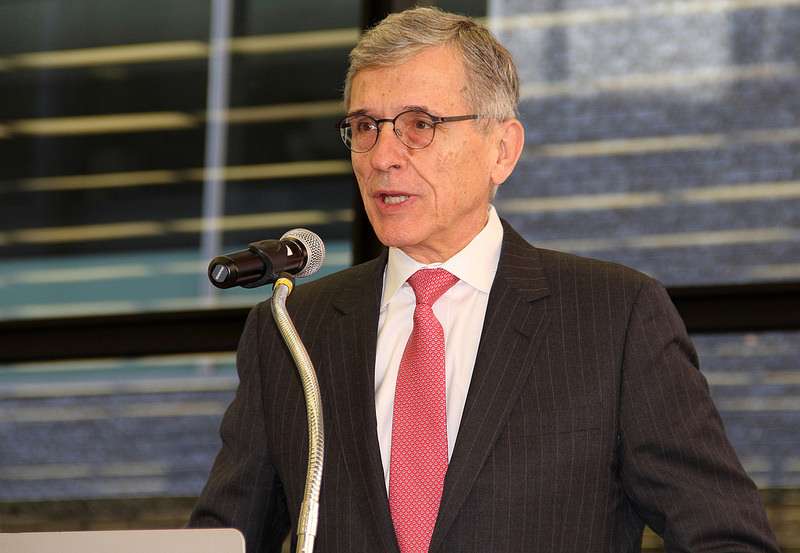FCC Proposes Giving the FCC More Discretion Over the Internet

Net neutrality advocates grew rather upset yesterday when reports surfaced indicating that the Federal Communications Commission (FCC) was about to propose giving up on the concept. (Sample freak out: "The FCC's new net neutrality rules will brutalize the Internet.")
Throughout the Obama administration, the tech regulator has been embroiled in legal battles over its net neutrality regulations, with courts twice striking down the agency's rules. The FCC proposal has not been made public yet, but based on early reports, it looked to some as if the agency was giving up in the wake of multiple legal defeats.
The reports said that the FCC would be open to allowing Internet service providers (ISPs) to negotiate tiered service arrangements, or Internet fast lanes, with web content providers like Netflix and Google. Those deals, however, would still be subject to some minimum service requirements as well as the FCC's review.
"Broadband providers would be required to offer a baseline level of service to their subscribers, along with the ability to enter into individual negotiations with content providers," an unnamed FCC official told The Washington Post. "In all instances, broadband providers would need to act in a commercially reasonable manner subject to review on a case-by-case basis."
Late last night, FCC Chairman Tom Wheeler responded to criticism, saying that reports that the agency is "gutting the Open Internet rule" are "flat out wrong." There would be no policy turnaround, and "behavior that harms consumers or competition will not be permitted."
It's obviously impossible to judge the new guidelines without seeing them, and that may not happen for a while. The proposal was supposed to begin circulating today, but isn't set to be made public for another month when the rules are brought to a vote.
But from what's been said so far, this isn't so much a turnaround in policy as a shift in emphasis, and a return to former FCC Chairman Julius Genachowski's original notion for how the FCC would maintain Internet openness. The essence of Genachowski's idea was that the FCC would officially look down on arrangements in which ISPs discriminated between different content providers. But exactly what would and wouldn't be prohibited was rather murky. What Genachowski wanted was for the agency to "evaluate alleged violations of the non-discrimination principle as they arise, on a case-by-case basis."

The case-by-case standard was necessary in part because there was no real way to define what would and would not be allowed. A strict rule would almost certainly end up prohibiting totally reasonable instances of smart network management, or services that were widely judged to be beneficial. But the end result was that there was no real rule at all, just a vague sense that the Internet should be open which the FCC would enforce at its discretion.
In other words, the FCC would pronounce itself the arbiter of what was and wasn't reasonable, and then make determinations on a case-by-case basis. That's more or less what the unnamed FCC official told the Post would be happening here.
What we're left with, then, is not a world in which net neutrality has been gutted, or in which it has been preserved, but one in which the FCC has proposed a vague standard that boils down to minimally checked agency discretion. What's allowed and what's not won't depend on rules so much as the regulatory agency's whims.


Show Comments (61)